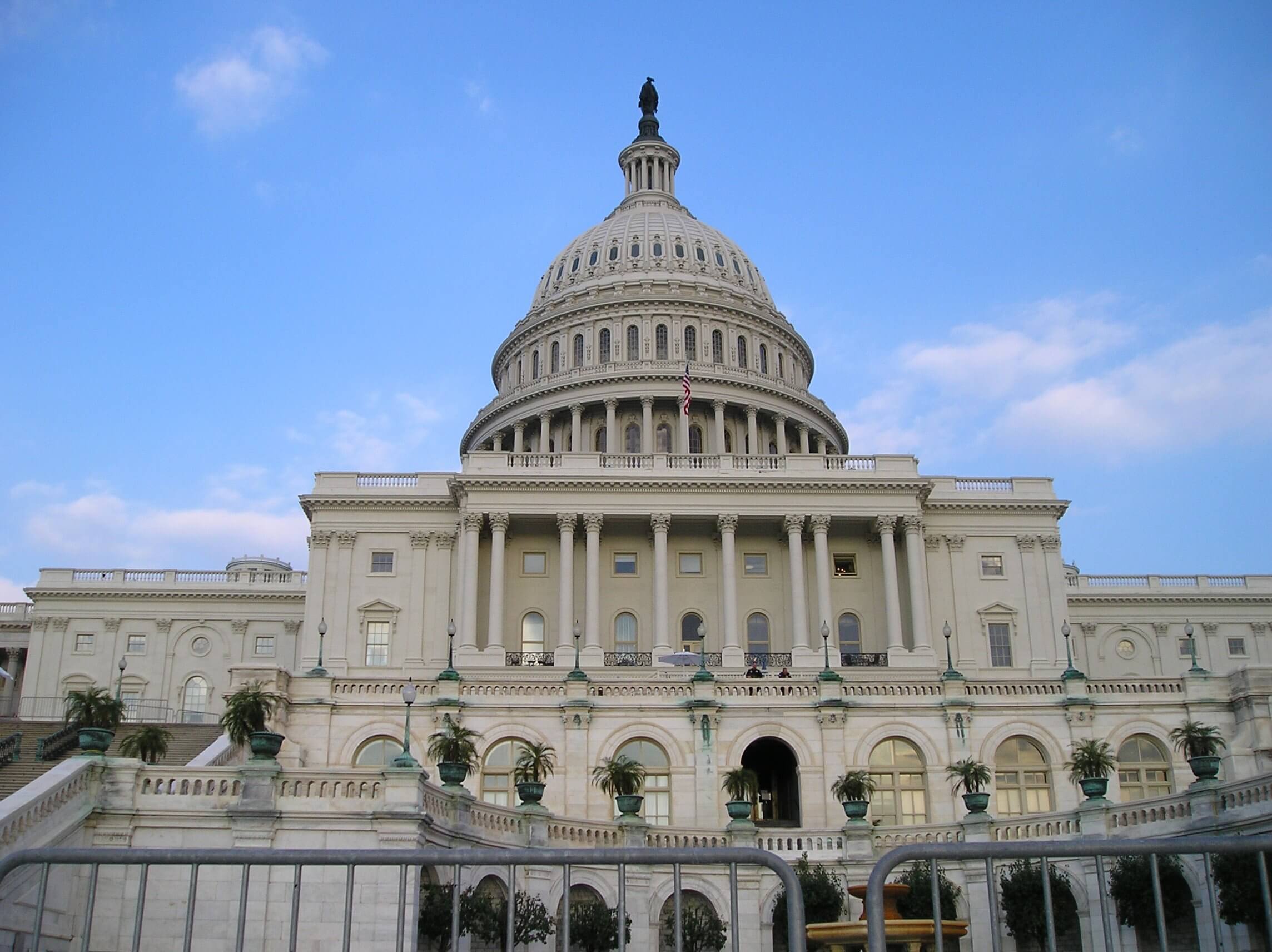What happens when a federal board has no members?
Not much. The stalemate that continues the longest-ever stretch without a quorum at the U.S. Merit Systems Protection Board (MSPB), with no end in sight, has left hundreds, possibly thousands, of federal employees with pending appeals hanging in the balance. Those with new cases have an even longer wait—and hopefully, a lot of patience.
The current vacancies, if not filled in the coming months, coupled with the upcoming end of the only existing member’s term on March 1, 2019, certainly do not mean the end of the MSPB as we know it come Springtime. However, cases will continue to quickly multiply, making the wait even longer for federal employees seeking recourse in their employment matters. Reports indicate that there is already a backlog of at least MSPB 1,500 cases.
If the Senate fails to confirm President Donald Trump’s MSPB nominees before the end of the year, the nomination process will have to start over with the President re-nominating his choices or selecting new nominees in 2019. The full process of vetting financial disclosures, and having Committee hearings will also have to be re-accomplished.
In the meantime, federal employees with pending cases before the MSPB will have to wait for a quorum to have their appeals reviewed. Those with new appeals may file them, but should expect long waits until a new board gets through the backlog before reviewing any new cases. The Board will review older cases first, and then review them in the order they were received, creating a very long wait indeed.
On March 8, President Trump announced the nomination of Republicans Dennis Dean Kirk as MSPB chair and Andrew F. Maunz as vice chair, which would have allowed current acting chair Mark A. Robbins to depart before his one-year carryover ends March 1, 2019. However, Maunz’s nomination failed by a vote of 7-7 to advance to the Senate’s Committee on Homeland Security and Governmental Affairs with six Democrats and Senator Rand Paul (R-Kentucky) voting against the nomination. A group of unions also expressed opposition to the nominations of Kirk and Maunz in a letter to the Committee on Homeland Security and Government Affairs.
Senator Ron Johnson (R-Wisconsin), chair of the Committee, recessed after Maunz was voted down without holding votes on the other two nominees. In addition to Kirk and Maunz, Trump nominated Julia Clark as a board member. She is the suggested nominee of the Democrats.
The MSPB requires at least two members to vote on pending cases, the numbers of which have been growing since Susan Tsui Grundmann resigned in January 2017, leaving Robbins as the only member of the board. Robbins, whose term was extended one year after his term officially ended March 1, 2018, has been performing administrative and executive functions, but has not been able to make any decisions regarding petitions of review (PFR) of decisions made by regional administrative judges because of the lack of quorum.
Federal workers with employment matters may want to consider contacting a federal employment attorney to discuss the merits of appealing through the Federal Circuit, which in some cases, may be a better alternative to filing a PFR with the MSPB. Additionally, certain cases involving allegations of discrimination may be appealed to the Equal Employment Opportunity Commission or a U.S. District Court.








